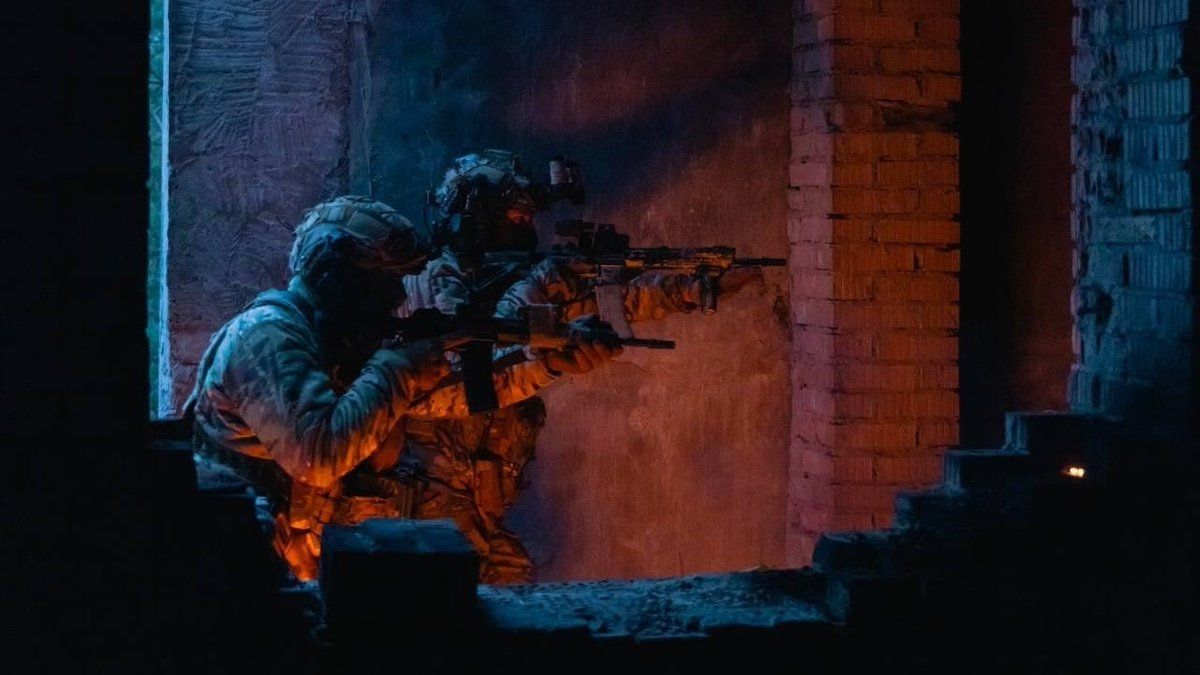South Korean military officials said Monday that they had detected North Korean preparations to deploy more troops and weapons to Russia, and elaborated that at least 100 of Pyongyang’s soldiers had been killed and 1,000 more wounded so far, while Ukrainians claim 200 have died and nearly 3,000 had been wounded. If Seoul’s estimates are accurate, that would mean approximately one out of every ten troops dispatched since late October has already taken a wound or died.
The high casualty figures may stem from lack of battlefield experience and modern equipment, as North Korean units embedded with Russian peers attempt to push Ukrainians out of the Kursk region. It isn’t dampening Supreme Leader Kim Jong Un’s enthusiasm for cooperating with Russia, however, with the South Korean military claiming he has developed new suicide drones to send to the battlefront. US intelligence agencies said Monday that they believe North Korea offered Russia its troops, rather than the request originating in Moscow, in expectation of help with defense technology and political backing on the world stage.
Watch out for a nasty New Year’s gift, too. Seoul says Pyongyang may attempt to test a hypersonic missile in late December or early January. Just ahead of a presidential transition in the US, and with chaos in South Korean politics caused by impeached President
Yoon Suk Yeol’s attempt to impose martial law on Dec. 3, don’t hold your breath for a strong response.
